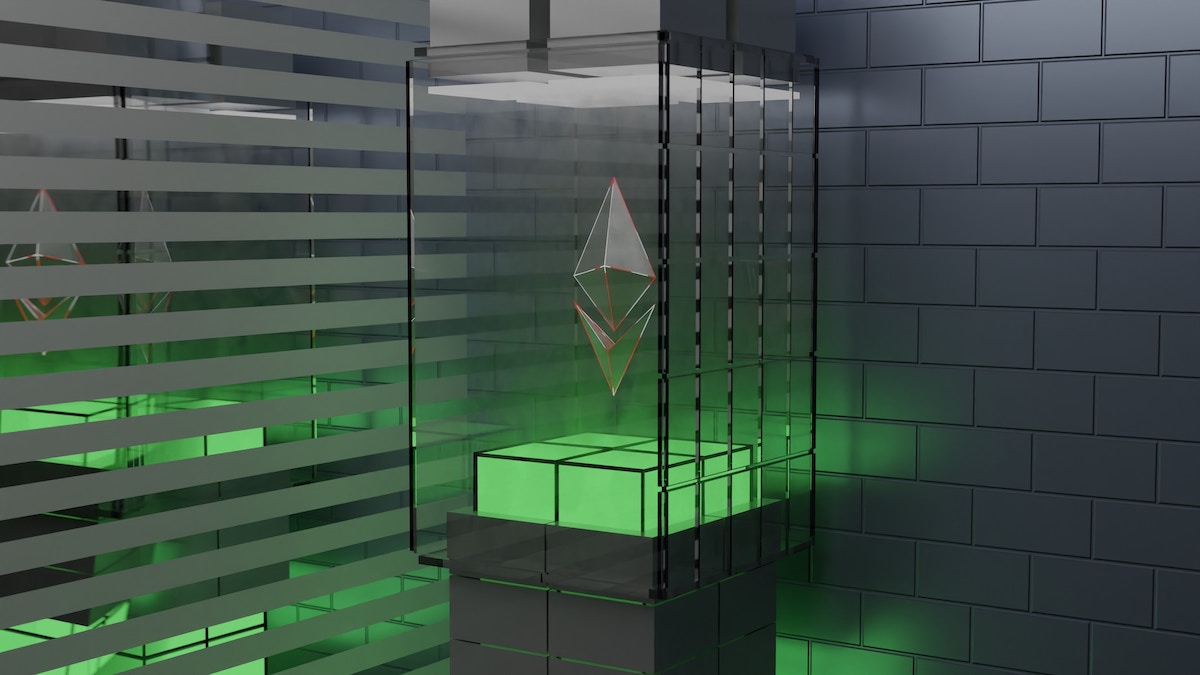In a keynote speech at Nanyang Technological University in Singapore on 6 September, Vitalik Buterin has said that the biggest issues facing Ethereum are still privacy, consensus, smart contract security, and scalability.
The ETH co-founder discussed the ‘Challenges Facing Ethereum’, with the theme of ‘The Past and Present of Ethereum’. He spoke about everything from the infamous 2016 DAO hacking incident, to his current focus on actual use and adoption.
Speaking about its technical progress and challenges, Buterin said: “Interestingly, one of the things about the progress of Ethereum technology is that we are talking about things today that are very similar to things we were talking about six years ago.
“If you ask me or anyone else what the biggest problems facing Ethereum are, you’ll get basically the same answers: privacy, consensus, smart contract security, and scalability.”
He added: “Those challenges are the same today as they were six years ago, but at the same time, I think it’s interesting that some progress has been made since 2017.
“For example, in 2017, privacy was just a technical challenge, and there was basically a new type of cryptography called zero-knowledge proofs, or zk-SNARKs. This allows you to create cryptographic proofs that prove certain mathematical properties, such as the data you have, without revealing anything else about that data. This was first used by Zcash, a privacy-preserving cryptocurrency launched in 2016 that uses zk-SNARKs for privacy.
“How is it done? Basically, when you spend a coin in Zcash, instead of pointing directly at the coin you spent, you need a proof that you are spending an unspent coin without revealing information about that coin any other information. You prove the required proof statements in order to have a monetary system that doesn’t get overinflated, but keep everything else private.
He continued: “Back in 2017, the challenge was simply to bring this technology to Ethereum and make zk-SNARKs work. These techniques are based on a complex mathematical theory called elliptic curve cryptography. Regarding using this technology, we basically added some overlays called ‘zero-knowledge statements’, which are codes that allow you to use zk-SNARKs on the blockchain. So, using smart contracts, you can actually build an application with the same privacy-preserving logic on Ethereum. This is the situation in 2017. By 2023, the current technological status is very advanced, with very advanced zk-SNARKs libraries, development environments, tools, and protocols.”
Touching on ETH’s recent Merge, he said: “When you switch from Proof-of-Work to Proof-of-Stake, there is a major event ‘The Merge’ that happens. And in terms of security, there are no major incidents because the whole point is there are no incidents. But sometimes it’s important to remember that the event didn’t happen, which is good news. So I think there have been substantial improvements in that area, but there are still a lot of ongoing issues.”
He concluded: “It’s been a long, slow journey from an initial concept to a process of gradually solving various challenges in practical use. I hope that in the next five years we will be able to solve most of these challenges.”


